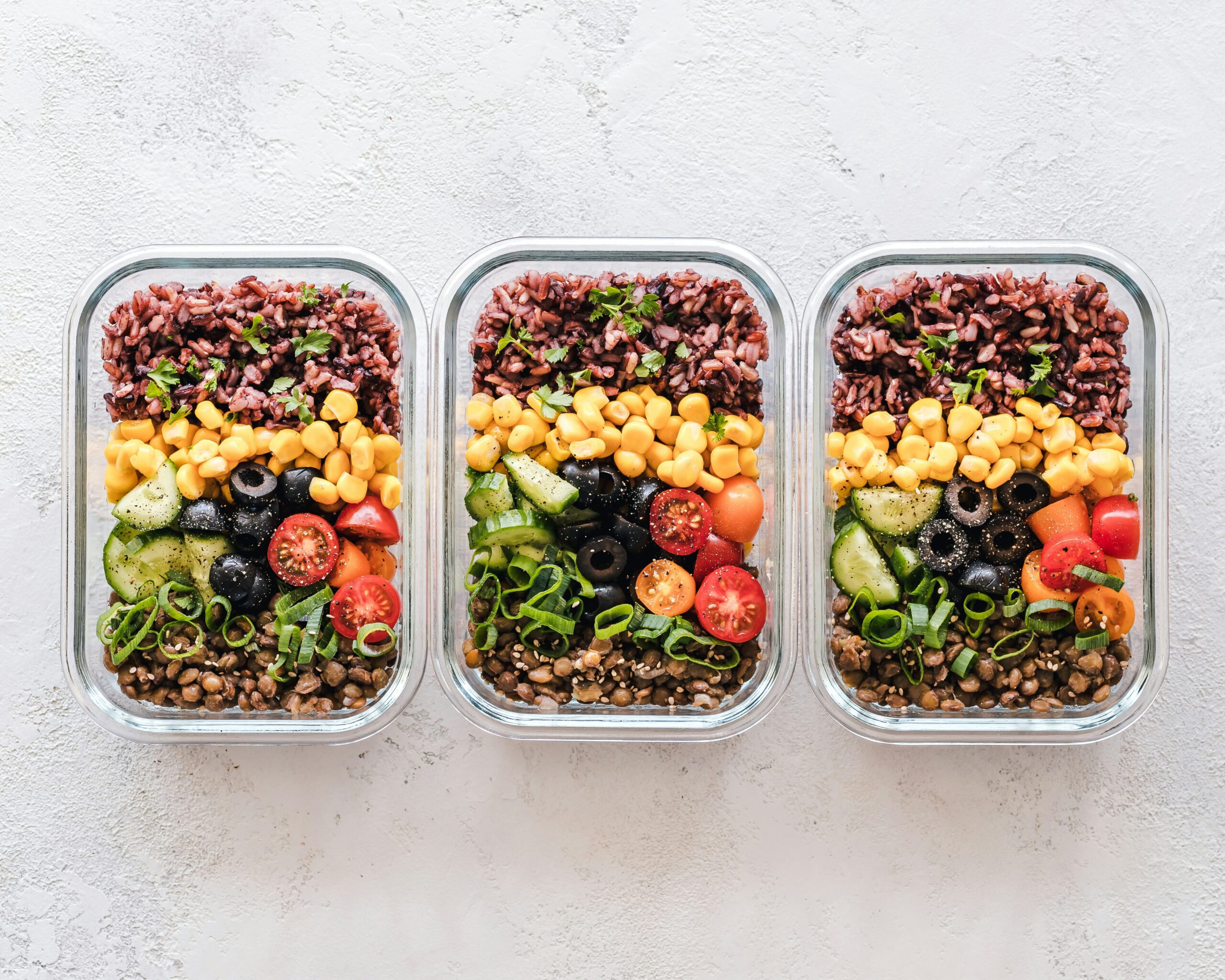

Introduction to Meal Prep
Meal prepping has taken the culinary world by storm, and for good reason. Imagine stepping into your kitchen on a Sunday afternoon, with vibrant ingredients laid out before you, ready to be transformed into delicious meals that will carry you through the week. It’s not just about saving time; it’s about taking control of your nutrition and making mindful choices.
Whether you’re a busy professional, a student juggling assignments, or simply someone looking to eat healthier, meal prep is an invaluable skill. With just a little planning and organization, you can ensure that balanced meals are always within reach. No more last-minute takeout or unhealthy snacks when hunger strikes—meal prep empowers you to nourish your body with wholesome foods.
Ready to dive in? Let’s explore how understanding macronutrients plays a crucial role in planning those perfect meals!
Understanding Macronutrients and Portion Sizes
Macronutrients are the building blocks of nutrition, and understanding them is key to meal prepping effectively. There are three primary macronutrients: carbohydrates, proteins, and fats. Each plays a vital role in your diet.
Carbohydrates provide energy for daily activities. They can be found in whole grains, fruits, and vegetables. Opt for complex carbs like quinoa or brown rice for sustained energy.
Proteins are essential for muscle repair and growth. Sources include lean meats, beans, nuts, and dairy products. Aiming for a variety of protein sources ensures you get all necessary amino acids.
Fats often get a bad rap but are crucial for hormone production and nutrient absorption. Healthy fats come from avocados, olive oil, and fatty fish.
Portion sizes matter too! Balancing these macronutrients according to your personal needs will enhance your overall health while keeping meals satisfying without going overboard on calories.
Tips for Efficient and Effective Meal Prepping
Start by choosing a specific day for meal prep. This sets a routine and keeps you accountable. Many people prefer Sunday, but pick whatever works best for you.
Create a shopping list based on your planned meals. Stick to it to avoid impulse buys that can derail your healthy eating goals.
Invest in quality containers that are stackable and microwave-safe. Clear labeling also helps track what is in each container, making meal selection easier during the week.
Prep ingredients rather than entire meals when starting out. Chop veggies or marinate proteins ahead of time, so assembling dishes later becomes quick and simple.
Make use of batch cooking techniques. Cook large quantities of staples like grains or beans at once to save time throughout the week while ensuring nutritional balance in every meal.
Common Meal Prep Mistakes and How to Avoid Them
Many people dive into meal prepping without a solid plan, leading to frustration. One common mistake is not having a clear menu for the week. Without this roadmap, it’s easy to end up with mismatched ingredients.
Another pitfall is overcomplicating recipes. Sticking to simple meals can save time and reduce stress in the kitchen. Focus on versatile dishes that you can mix and match throughout the week.
Portion sizes are often overlooked as well. It’s tempting to prepare large quantities, but this can lead to waste if you don’t eat everything before it spoils. Instead, consider preparing smaller portions that allow for variety while minimizing leftovers.
Forgetting about storage can turn your efforts into chaos. Invest in quality containers that keep food fresh and make reheating effortless. A little organization goes a long way in maintaining your meal prep routine effectively.
Incorporating Variety and Flexibility into Your Meal Prep Routine
Meal prep shouldn’t feel like a chore. To keep things fresh and exciting, incorporate variety into your meals. Experiment with different cuisines each week. One week could feature spicy Mexican dishes, while the next can lean towards refreshing Mediterranean flavors.
Swap out proteins to break monotony. If chicken is on the menu this week, consider turkey or plant-based options next time. It keeps you engaged and reduces the chances of meal fatigue.
Don’t forget about seasonal produce! Visiting local markets can inspire new recipes using fruits and vegetables at their peak freshness.
Flexibility is key in meal prepping too. If plans change during the week, choose versatile ingredients that can be adapted easily. A simple protein base can be transformed with various sauces or spices to create entirely new dishes on a whim.
Conclusion: Start Your Journey to Better Nutrition with Meal Prep
Meal prep can be a game-changer for your nutrition and overall well-being. By planning balanced meals, you create a roadmap for healthier eating habits. You’ll save time during the week and reduce stress about what to eat.
Remember that understanding macronutrients is key to achieving your nutritional goals. Portion sizes matter too; they help regulate your intake without sacrificing flavor or satisfaction.
As you embark on this meal prep journey, keep efficiency in mind. Set aside specific times each week dedicated solely to prepping meals and snacks. This will streamline the process and make it feel less overwhelming.
Avoid common pitfalls by staying organized and being mindful of food safety practices. It’s easy to fall into ruts with repetitive meals—don’t hesitate to shake things up! Incorporating variety keeps the experience enjoyable while ensuring you get a wide range of nutrients.
Embrace flexibility in your routine as life inevitably throws curveballs at us all from time to time. Allow yourself some room for spontaneity when necessary, so meal prep doesn’t become another chore but rather an empowering habit.
Now is the perfect moment to start prioritizing your health through thoughtful meal preparation. With these strategies at hand, you’re equipped to take control of your nutrition one delicious meal at a time.
